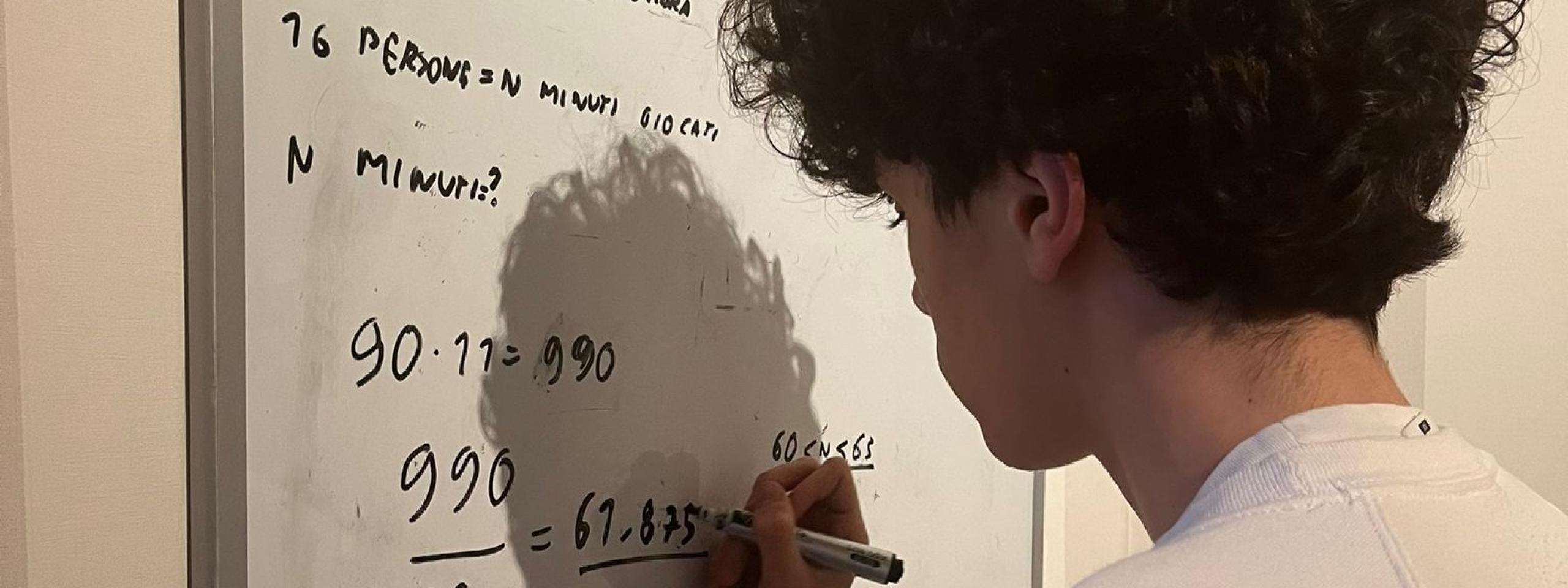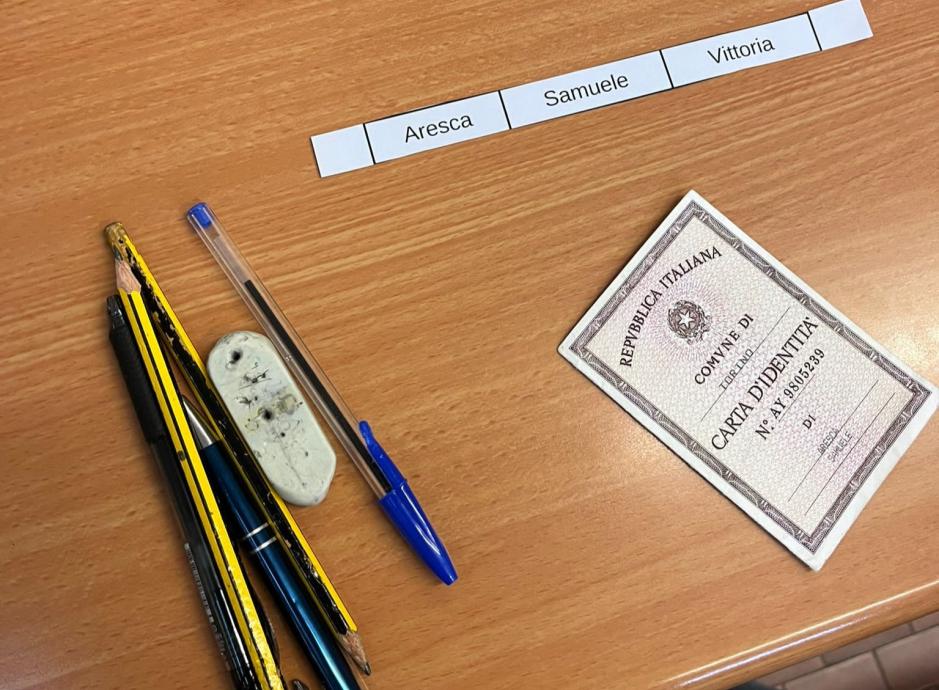Do you think your career will be tied to math?
Yes, although I'm still undecided about which specific path to follow. I am drawn to science, so mathematics will definitely be part of my future, whether I choose to specialize in this field or explore areas such as medicine or biotechnology.




